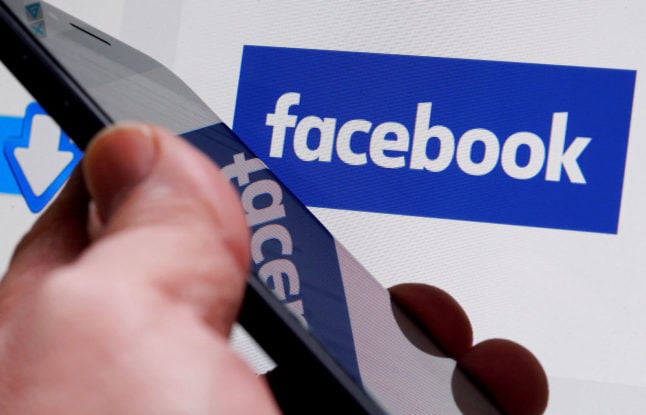It all began with the Napster trial, at least it did for me. That was when file sharing (or copyright theft) – call it what you will – took a first tentative step out of the proverbial closet.
The death of Napster saw the birth of the Pirate Bay – a case of the king is dead, long live the king!
The Pirate Bay was set up by a bunch of Swedes, in Sweden – a country otherwise more known for its sound virtues, solidarity and law-abiding citizens.
After April 1st 2009, when the tough IPRED copyright law came into force in Sweden, everyone with even a cursory interest in the news will have heard of The Pirate Bay. They may even have some understanding of what the site is and what it does, or does not, as the case may be.
What may also be familiar are some of the main strands of debate used to defend and oppose the practice of file sharing.
For the prosecution:
It is theft – “you wouldn’t pinch a handbag, so don’t pinch my CD; or at least my four megabytes of sound.”
It threatens the production of new material – “why record a song or make a film if people won’t pay for it?”
It has prevented legal, file sharing, internet based services from getting off the ground – “how can you compete with something that is free?”
For the defence:
“It is not a thing, it is an idea. Just make another copy.”
“More media is consumed than ever before, it is merely the failure of a business model to adapt to the consumer.”
“First word, two syllables – Itunes. Second word, three syllables – Spotify.”
File sharing has firmly come out of the closet and is here to stay. But what of the file sharers?
Some, like Peter Sunde of The Pirate Bay Four, don’t mince their words in their disdain for the music industry and their protectionist, monopolistic ways.
Many of those born post-1980 show a moral ambivalence to copyright laws and the old, dated technologies and distribution models that protect them. Are they the new “lost” generation? Or as Abba media mogul Björn Ulvaeus argues “the lazy generation”.
There are of course anti-capitalists (of all ages) who may claim that copyright laws and internet regulation are restraint of trade, arguing that “Hollywood has had its pound of flesh.”
What of the middle-aged, middle classes – the moral majority, those that still care what the neighbours might say?
Well here it has, in my limited experience, started to get complicated.
There are those that file share light – “well I only download stuff that I wouldn’t otherwise dream of paying for.”
There are the pragmatists – “I would happily pay for it if I could find the material I am looking for as easily.”
There are those in remission – “I used to dabble, but I don’t do that shit any more”.
And there are those that don’t inhale – “So, have you watched Slumdog Millionaire yet? – No, but I have downloaded it.”
So when you are stuck in the kitchen at one of those dinner parties that want to be house parties but can’t quite summon up the energy, and in comes the question…
“So, do you, you know….file share?”
… you could always think hard, look bemused and ask – “what is this thing called file sharing of which you speak?”
The question won’t actually come as directly as that of course, not now, not with IPRED lurking round the corner like the ghost of the uninvited guest.
File sharing is no longer a bit of anarchic internet fun, it has got nasty.



 Please whitelist us to continue reading.
Please whitelist us to continue reading.
Member comments